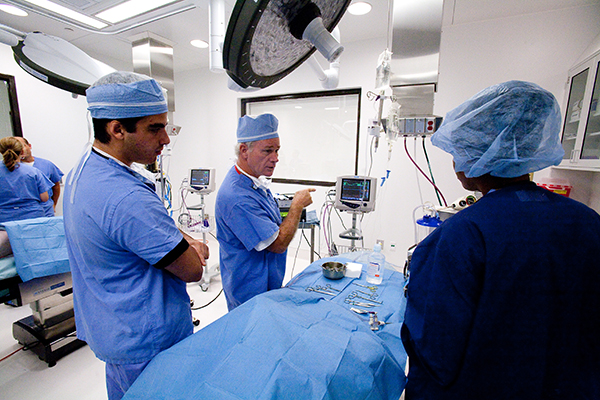When ROI Gets Squeezed By Market Size, Process In Medtech Innovation Means Even More
Revolutionizing Pediatrics: Innovations in Medical Device Design & Development. A Pediatric Tech Talk Webinar with GCMI, June 21, 2023 – 12:00 p.m. Eastern “Innovation in pediatric technologies that address unmet clinical needs lags behind innovation for adult populations in large part due to its relatively small market size and ROI (return on investment) prospects…









